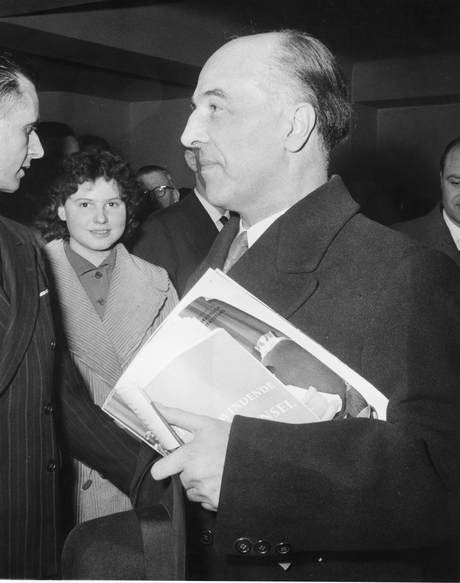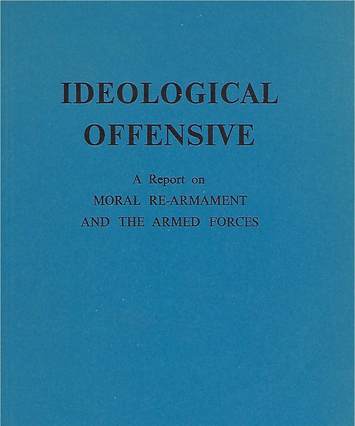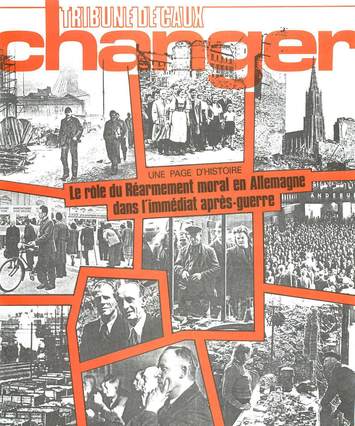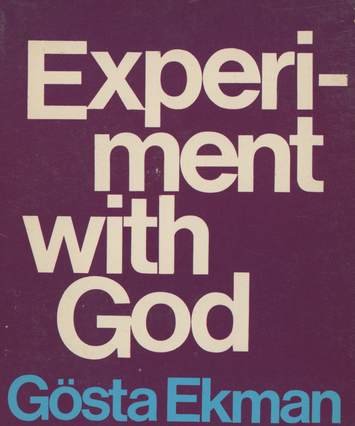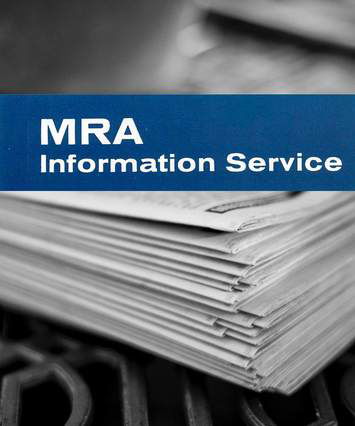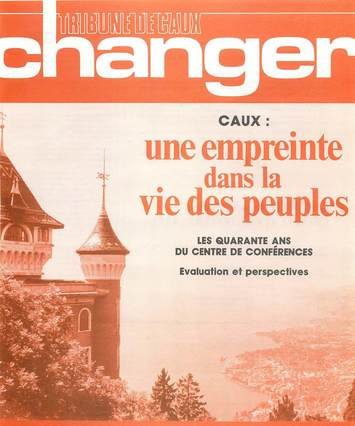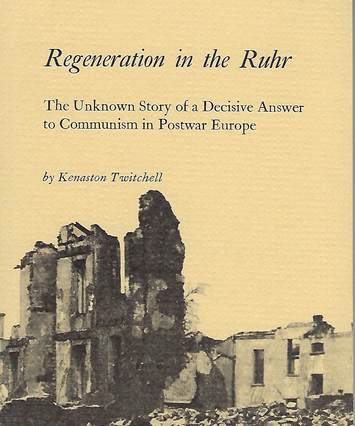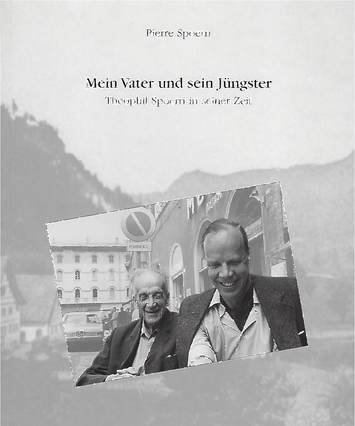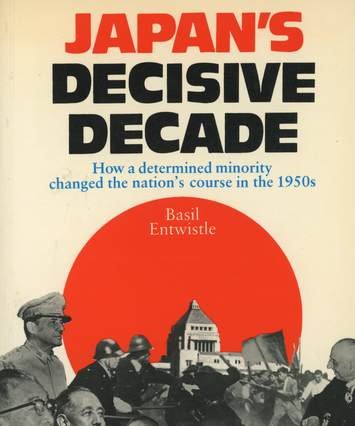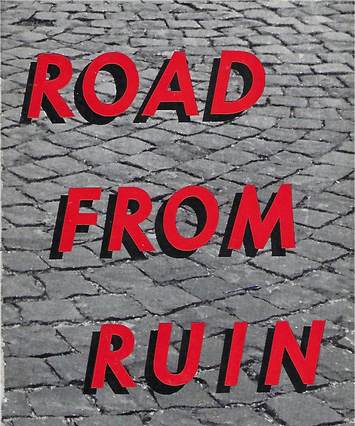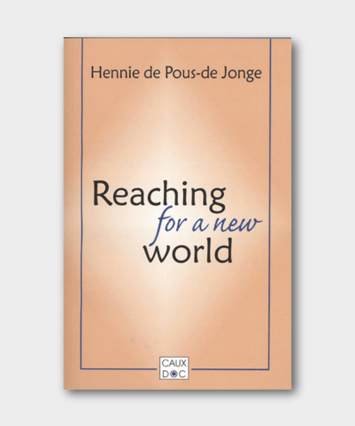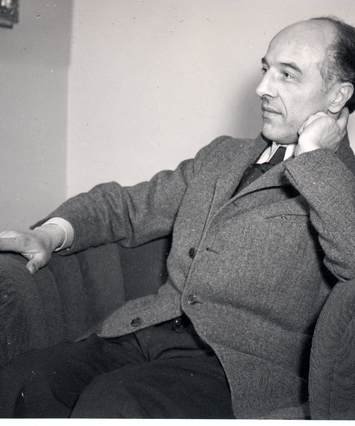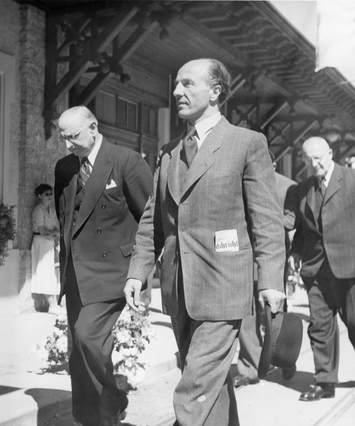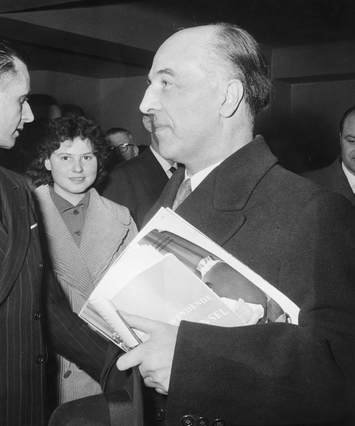Arnold was born in Herrlishöfen in Württemberg and was trained as a shoemaker and later (1920/21) studied at the Soziale Hochschule Leohaus, Munich. From 1920 onwards, Arnold worked for the movement of Christian workers. In 1924, he became secretary of the Christian workers union for the Düsseldorf region. He was elected in the town council of Düsseldorf for the Centre Party in 1929. In 1933, Arnold was co-owner of a sanitary installation shop in Düsseldorf. The Gestapo observed and hunted him in the following years because of his political activities. In 1944, he was jailed by the Gestapo.
After World War II, Arnold became politically active again. In 1945, he was co-founder of the local Christian-Democratic Party in Düsseldorf, which became part of the CDU later in 1945. Also in 1945, the Düsseldorf chapter of the united workers union was founded, presided by Arnold. On 29 January 1946 Arnold was named mayor of Düsseldorf and later elected in the first free elections (26 October 1946).
In December 1946, Arnold became deputy minister-president of the state of North Rhine-Westphalia and in 1947 he was elected minister-president. He considered himself a "christian socialist". On 7 September 1949, he was elected as the first president of the Bundesrat of Germany, the representation of German states at the federal level.
From 1950 to 1956, Arnold was elected minister-president for North Rhine-Westphalia twice again, governing with the help of conservative parties and the Free Democrats. Important acts of his government were the foundation of the North Rhine-Westphalian broadcasting system (today: Westdeutscher Rundfunk) and the German system of workers union influence in steel and coal industries.
Accessed 30.11.2024: https://en.wikipedia.org/wiki/Karl_Arnold

